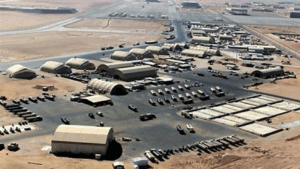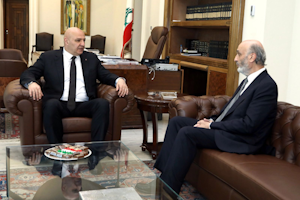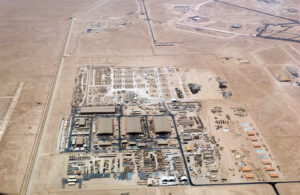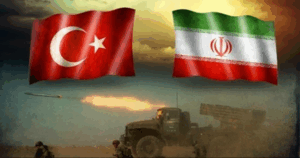Moscow, June 5, 2025.
In the conditions of unprecedented geopolitical turbulence that is redrawing the map of the world order, the XI International Forum "Primakov Readings" (June 23, Moscow) is preparing to become not just a discussion platform, but a strategic workshop to develop models of survival in the era of the unipolarity crisis. The declared theme - "World Turbulence" - is not just a statement of fact, but a starting point for Russia and its partners to find a foothold in the chaos
"The Primakov Readings have long outgrown the status of an ordinary scientific conference. The program of the forum is a map of the main challenges of our time, focused through the prism of Russian interests and the vision of multipolarity.
1. The Russia-China-U.S. Strategic Triangle
This is the central axis of the discussions. The thesis of the Russia-China partnership as an "anchor of stability" is not just rhetoric. It is a recognition of a key factor in containing global chaos and an attempt to conceptualize how to manage the inevitable rivalry between Beijing and Washington while minimizing damage to the rest of the world, especially the Global South. The issue of de-escalation with the U.S. hangs in the air, but whether it is actually discussed - the forum will show.
2. integration in Greater Eurasia
Integration projects (EAEU, SCO, BRICS+, Belt and Road) are analyzed not just as economic blocs, but as instruments of sovereignty and anti-sanctions defense. The emphasis on the creation of new alliances and logistics chains outside Western control is a direct response to the "turbulence" provoked by the sanctions policy.
3. Military and political challenges
The session moderated by Russian Deputy Foreign Minister Sergei Ryabkov is devoted to arms control in a polycentric world and the risks of fragmentation of global security. Experts will assess the stalemate in the disarmament dialog after the Cuban Missile Crisis. The polycentric world has no working deterrence mechanisms. Assessing the risks of fragmentation of global security and finding some points for dialog are critical for the survival of all.
4. The Legacy of E. M. Primakov
The session on the occasion of Yevgeny Primakov's 95th birthday is not only a tribute to him. It is a reactualization of his key ideas: a pragmatic course, rejection of unipolar illusions, and reliance on the RIC (Russia-India-China) strategic triangle as the basis for BRICS. In the current environment, these ideas sound prophetic.
5. Youth session (June 20-25)
Youth session - an important signal. The Forum is thinking about the future. Attracting young experts from 18+ countries to discuss the global economy, security and law is an investment in building an international pool of experts loyal to Russia.
Forum participants: key speakers and guests
Russian representatives:
The presence of high-ranking Russian officials (Kosachev, Ryabkov) and top managers of a leading think tank on the MoD (Dynkin, Voitolovsky) guarantees the seriousness of the approach and the closeness of the discussions to real policy.
International guests:
The expected participation of diplomats and experts from China, India, Brazil, Egypt, Syria, Turkmenistan (last year there were Western guests as well) confirms the forum's status as a venue for multidirectional, though not pro-Western, dialog. The absence of high-level US and EU officials, however, emphasizes the depth of the split.
"Primakov Readings-2025 is a mirror in which Russia and its partners who have joined its vision of order see the harsh reality of the collapsing old world and the contours of the emerging, polycentric and competitive one. The Forum will not offer instant solutions. Its value lies in a deep analytical study of the challenges of turbulence and in demonstrating an alternative (non-Western) agenda of global governance based on pragmatism, regional alliances and rejection of hegemony. This is its main difference and its main strength. At a time when traditional channels of dialogue are paralyzed, Moscow is making a clear statement: the conversation about the future of the world will take place here, on its terms, with its allies and with its vision of "anchors of stability." Time will tell whether it will be possible to turn the analysis into effective mechanisms for new stability, but it is June 23 that will be the start of this work.
Adele Georges Moussa






